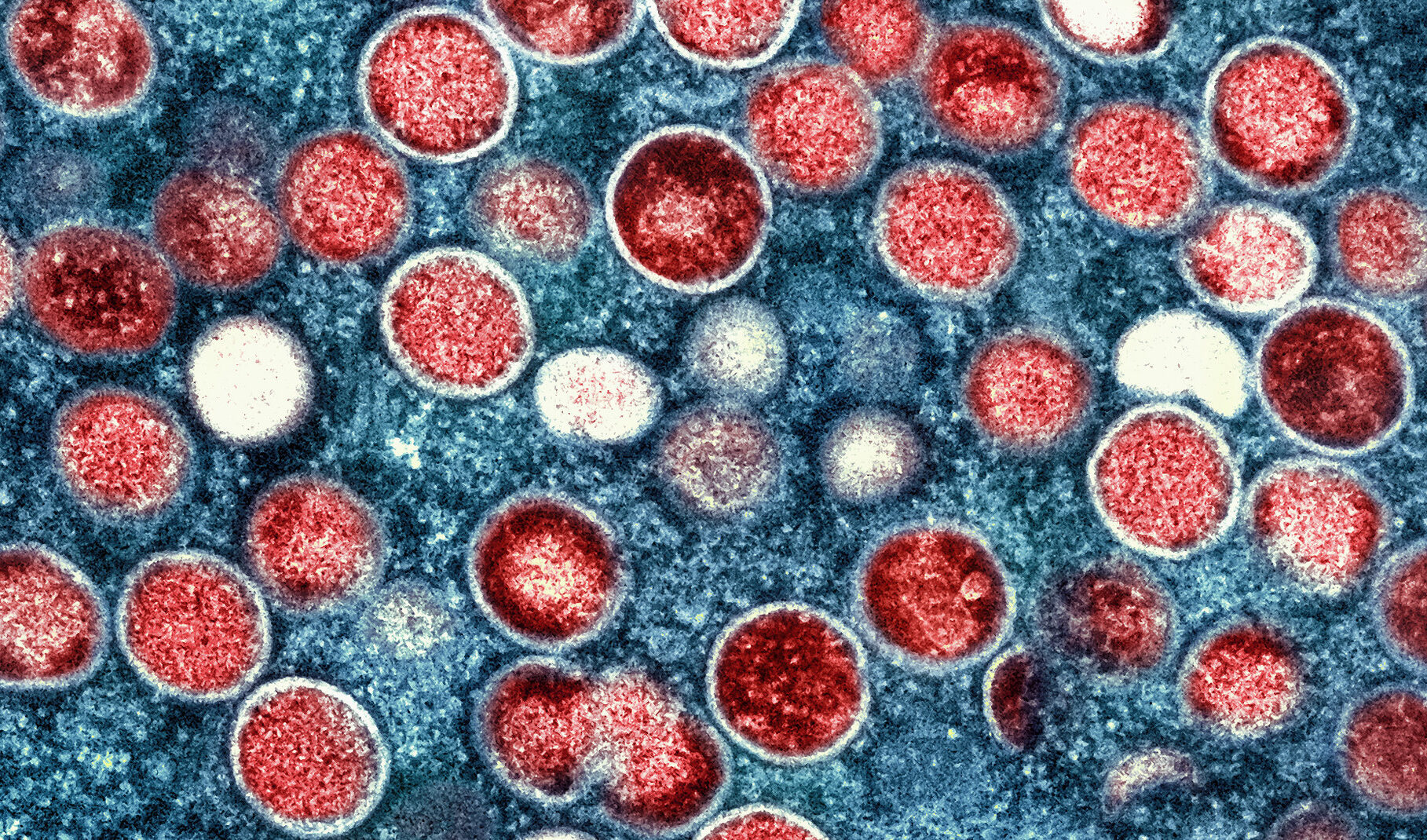The World Health Organisation has declared monkeypox a global public health emergency, but says the outbreak can be stopped.
There have been more than 16,000 confirmed cases of monkeypox in more than 75 countries, but the WHO suspects the true number to be much higher.
The SMC asked a zoonotic disease expert for the latest on monkeypox.
Professor David Hayman, School of Veterinary Science, Massey University, comments:
Recent public health advice from the UK and US is warning people to avoid eating contaminated meat and interacting with dead animals – does this advice make sense?
“That’s advice you give for people in the country in the tropical countries where monkeypox circulates and is endemic in the wildlife. That’s almost irrelevant for countries like New Zealand right now, where it’s a human-to-human disease.
“Other advice has been around handwashing. That’s important, but we need to remember the majority of cases are being transmitted by close contact or sexual contact, especially among men who have sex with men. Right now it’s important that people in those communities are taking care. There’s also deeply ingrained stigma against sexually transmitted infections, and we need to make sure that doesn’t continue.”
Why is this outbreak happening now?
“The most probable reason that this has emerged now is that it just happens to have gotten into a community with lots of close contact. There is a possibility there is something happening with the virus’s evolutionary rate and transmissibility, but my suspicion is that it is more to do with the closeness of the community it is spreading in.
“This outbreak also highlights how globally connected the world is, and how humans are encroaching into more wild spaces. We’re spinning the Russian roulette wheel, and increasing our chances of more infectious diseases emerging, the more we encroach into areas where there are potential reservoirs of infectious disease.
“It also shows the massive gaps in healthcare, public health surveillance, and diagnostics in the countries where monkeypox is endemic – which you could argue has been neglected by wealthier countries.
“Finally there are issues around stigma around sexual health, and healthcare around the world for groups like men who have sex with men. I think all the above are contributing factors.”
How is the virus evolving?
“This monkeypox virus appears to have more mutations than you’d expect. It’s not clear at all whether those mutations are impacting the transmissibility, that could just be because of contacts among the groups it’s spreading in.
“What’s important to remember is the more transmissions there are, the more opportunity there is for the virus to mutate and evolve, and that is what can lead to more transmissibility – as we have seen with the Omicron variant of the Covid-19 virus.”
Does the monkeypox threat keep you up at night?
“Colleagues of mine have been warning about a monkeypox outbreak for a while. Like Covid-19, this is another example of where there have been warnings from scientists, and they have been ignored. Smallpox and related poxviruses are a serious public health concern. Smallpox was hideous, and there are some clades of the monkeypox virus that you’d be more worried about.
“The reason this outbreak shouldn’t be a problem is that it’s a vaccine preventable disease, and we have the vaccine already. At the minute the vaccines should work, and the estimate is around 85% efficacy. The issue is that countries have stockpiled vaccines and they’re sitting on them. And that makes me wonder why they haven’t been used to prevent transmission in countries where it’s endemic.
“So this shouldn’t be keeping us up at night, it should be controllable, but we don’t want it to be allowed to continue to transmit and adapt.”
No conflict of interest declared.
